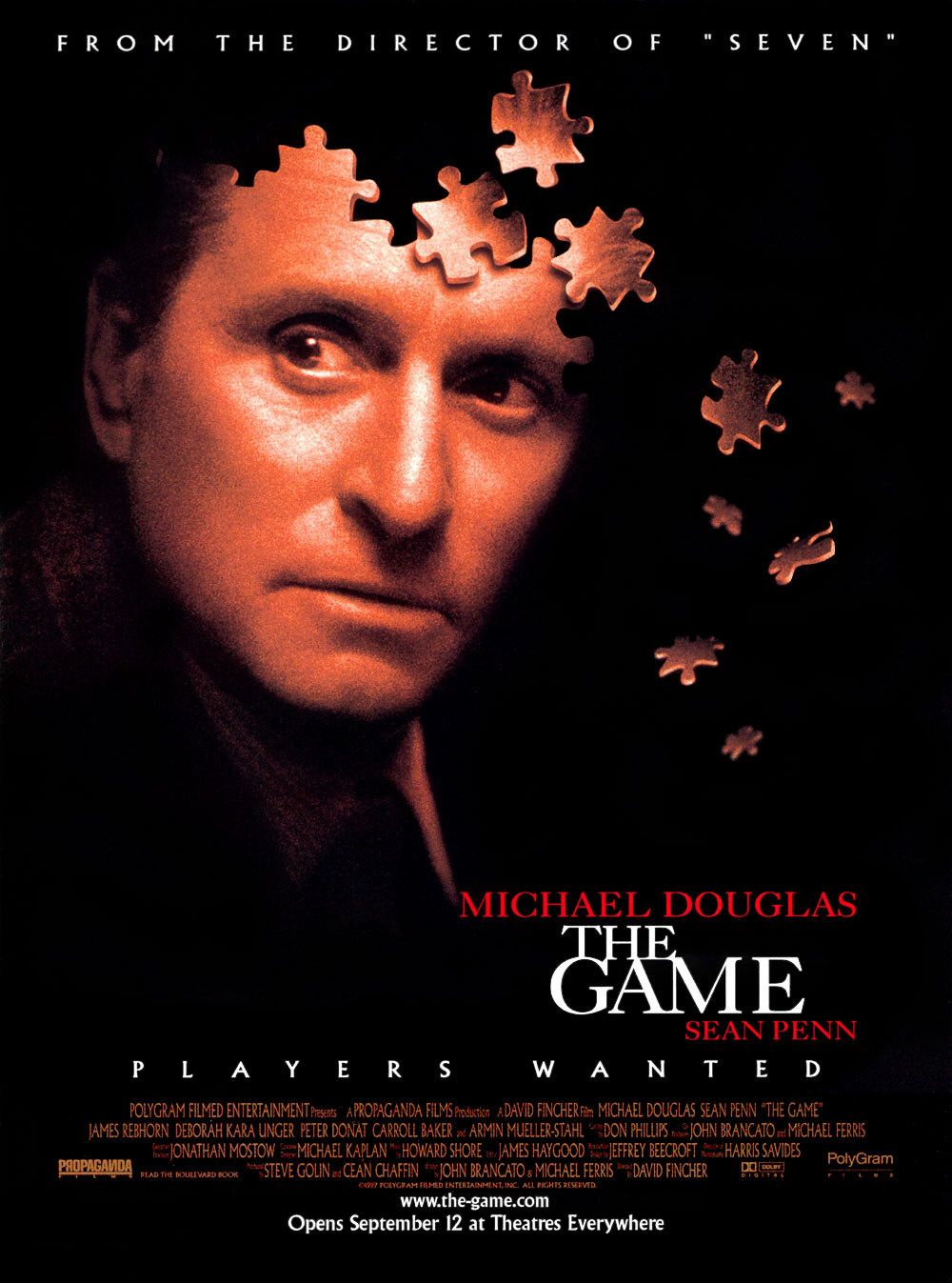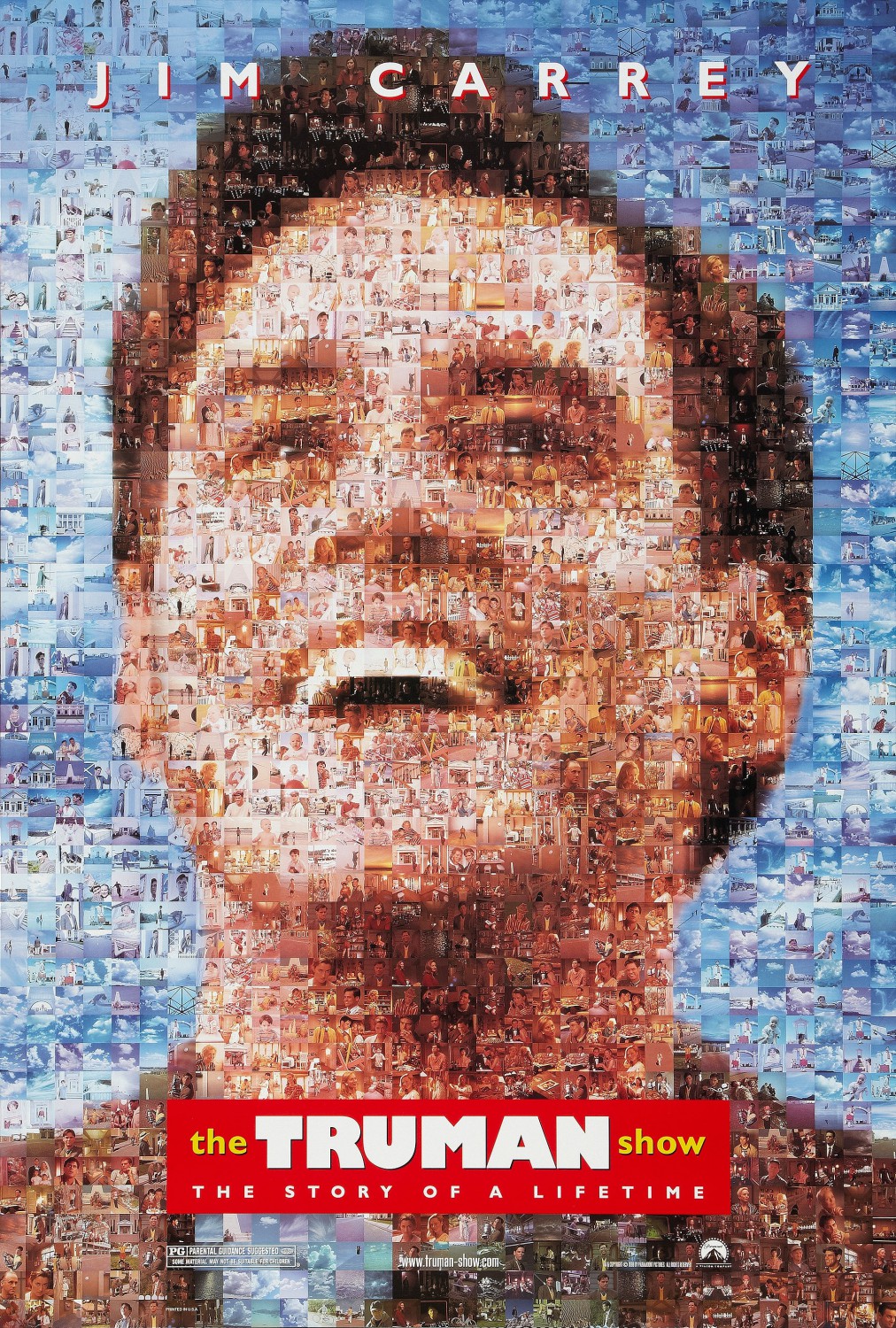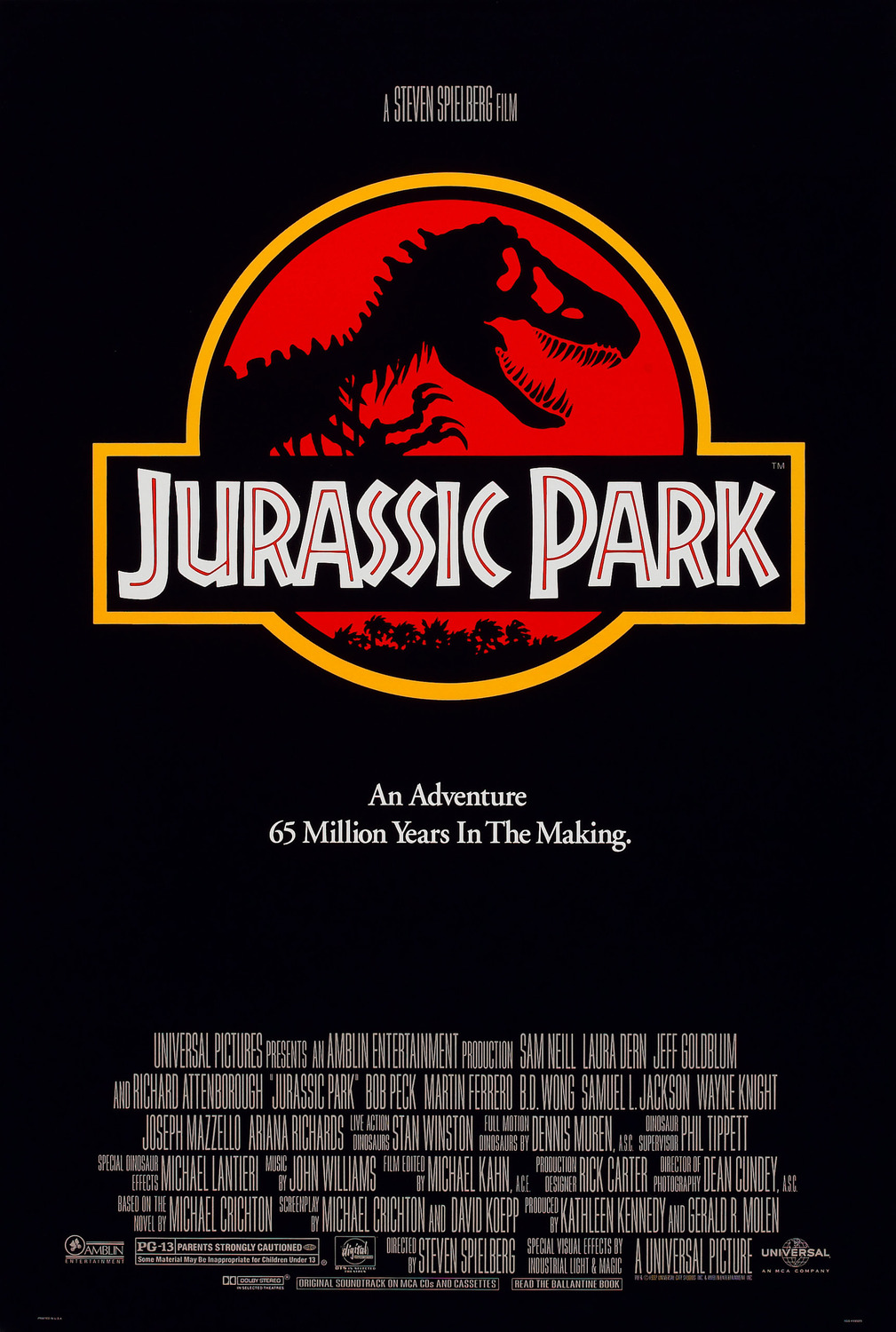 |
| Trainspotting (1996; Channel Four Films) |
Director: Danny Boyle
Writers: John Hodge
Starring: Ewan McGregor, Jonny Lee Miller, Robert Carlyle
My number 29 is the film that was voted by the UK public as the greatest Scottish film of all time, Trainspotting. An examination of the lives of a group of twenty-somethings living in poverty in late-80’s Edinburgh and their constant struggle with heroin addiction, Danny Boyle’s award-winning film is a smart and occasionally horrifying melodrama. This is easily one of my favorite films based on the theme of drugs and drug abuse as it has one of the best tonal shifts of any film I’ve ever seen.
The film primarily centers on Renton (McGregor), who narrates the film and expresses his thoughts on shooting up and coming down, as well as his inner-struggle about getting clean. The film starts off with a funny series of narrations that run down why he and his friends do the things they do. Unlike many other characters we see in movies, Renton is represented as loving heroin. We hear from him the details of the high and the way it is narrated it seems almost as though the film is trying to sell the drug to its audience. However, about halfway through the film the events take a dark turn and things get more than a little out of control.
Trainspotting is funny, but also very, very dark. There is violence, tragedy and consequence, however the film never feels preachy. Danny Boyle shows us some of Renton’s hallucinations that come in escapism, but also come in the form of terrifying torment as his family executes a harsh plan to force Renton to clean up, keeping him in a room as he is left to go cold turkey, a truly painful and awful experience. As Renton writhes, sweats and screams, we see it and feel it with him thanks to Boyle’s masterful use of camera work and his flawless execution one of the most horrific scenes in film history. I will not ruin it, though, as Trainspotting is a must-see.
Danny Boyle went on to direct the awesome 28 Days Later and was shortly-thereafter acknowledged by the Academy for his film Slumdog Millionaire. Trainspotting is a film that looks very good, while also being occasionally unwatchable. It is graphic, gruesome and disturbing but is never gratuitous. Every scene has meaning to the plot, as Renton and his friends struggle with moving on from their addictions, but the drugs always seem to win. It is tragic and smart. It is neither a pro-drug comedy or an anti-drug propaganda film. Instead Boyle just shows us these characters’ respective realities, as grim as they may be.




_poster.jpg)

